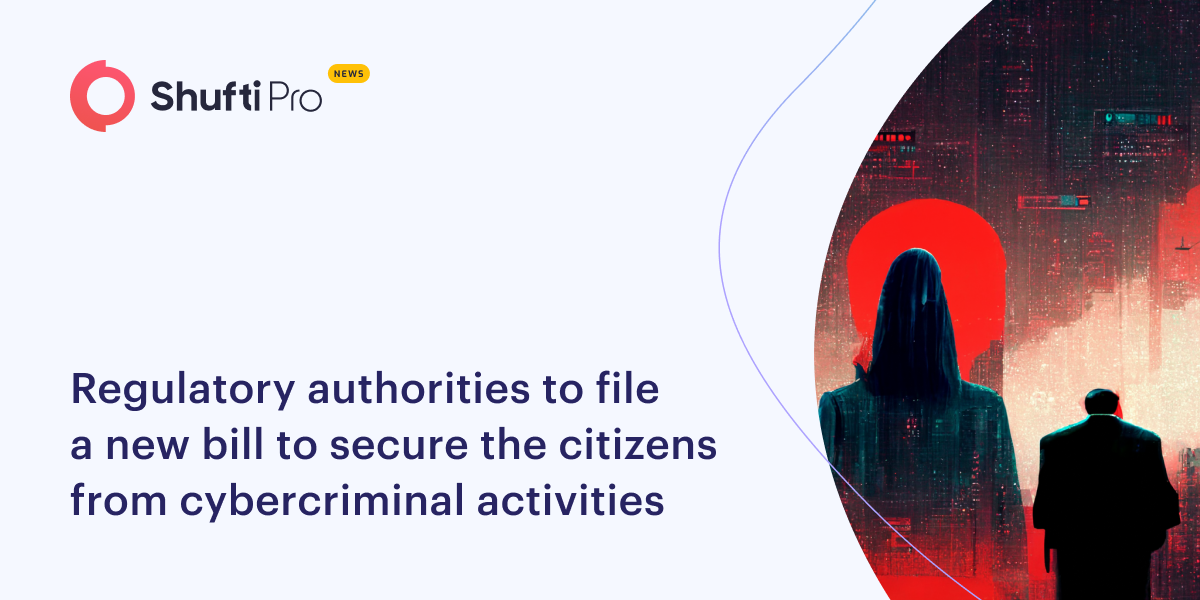Regulatory Authorities to File a New Bill to Secure the Citizens from Cyber Criminal Activities

Senator Estrada filed a bill to protect senior citizens unfamiliar with modern technology from cybercrimes. DTI (Department of Trade and Industry) will work on certain protocols for security concerns.
The Senior Citizens’ Fraud Education Act, Bill No. 671 has been filed due to enhanced online frauds. It’s for the protection of senior citizens from getting into trouble through cybercrimes and the bill was filed by Senator Jose “Jinggoy” Estrada. Cybercrimes involve different scams, including email and texts, which are among the most common online con tricks. The bill was an essential step because of the escalating frauds that have increased, especially at the peak of the Covid-19 pandemic. Retired or elderly citizens are specifically prey to such scams.
According to Estrada, “There is no scammer if there is no one to scam. And no one will fall victim if they know the scammers’ schemes.”
The bill aims to create a centralized inter-agency service for providing information regarding online fraud to discourage scammers. He emphasized how to secure the vulnerable sectors from fraudsters. Older people are unfamiliar with the latest technology, so they easily become victims of online fraud.
The bill is under discussion for arranging the regulatory measures and DTI (Department of Trade and Industry) will lead it. Working closely with other departments such as the Department of Justice and Philippine Postal Corporation to tackle cyber crimes, DTI aims to implement the careful security protocols. A website will help people identify scams, such as loan and investment services, text frauds, financial services and other illegal actions.
The Bankers Association of the Philippines (BAP) stated that people faced the loss of over a billion pesos in 2021 through fraud. Unauthorized money transfers and bank withdrawals were common throughout Covid-19. During the pandemic, it encouraged cyber criminals when people were more inclined toward digital banking.
The executive vice-president of the Bank of the Philippine Islands and BAP cybersecurity committee vice-chair Ramon Jocson shared some research. According to that, one out of three Filipinos is a victim of online scams. According to a study by Cisco, 57% of enterprises (small and medium) have become a victim of fraudsters.
Suggested Read: Queensland Launches New Inquiry into Star Entertainment’s Money Laundering Controls











